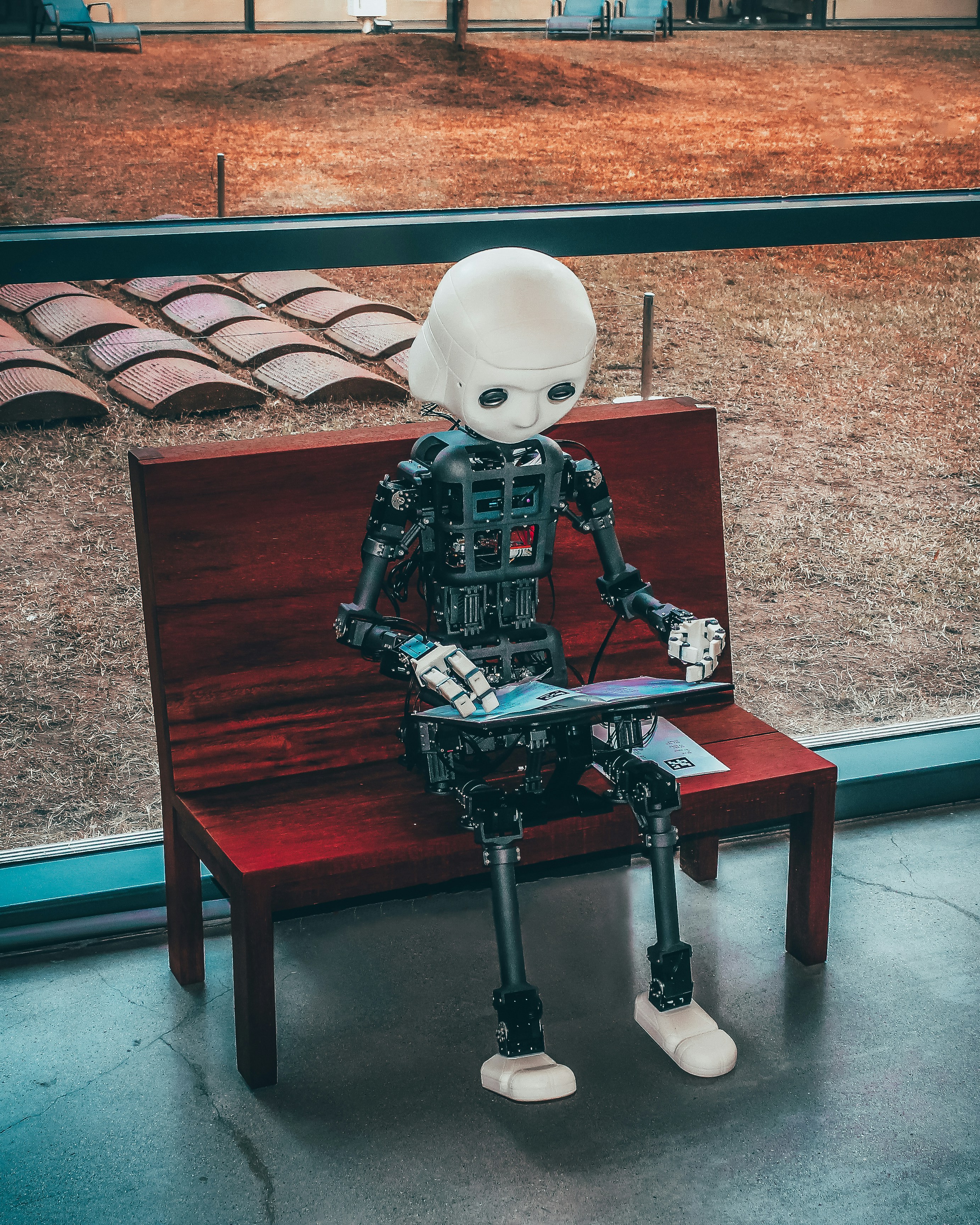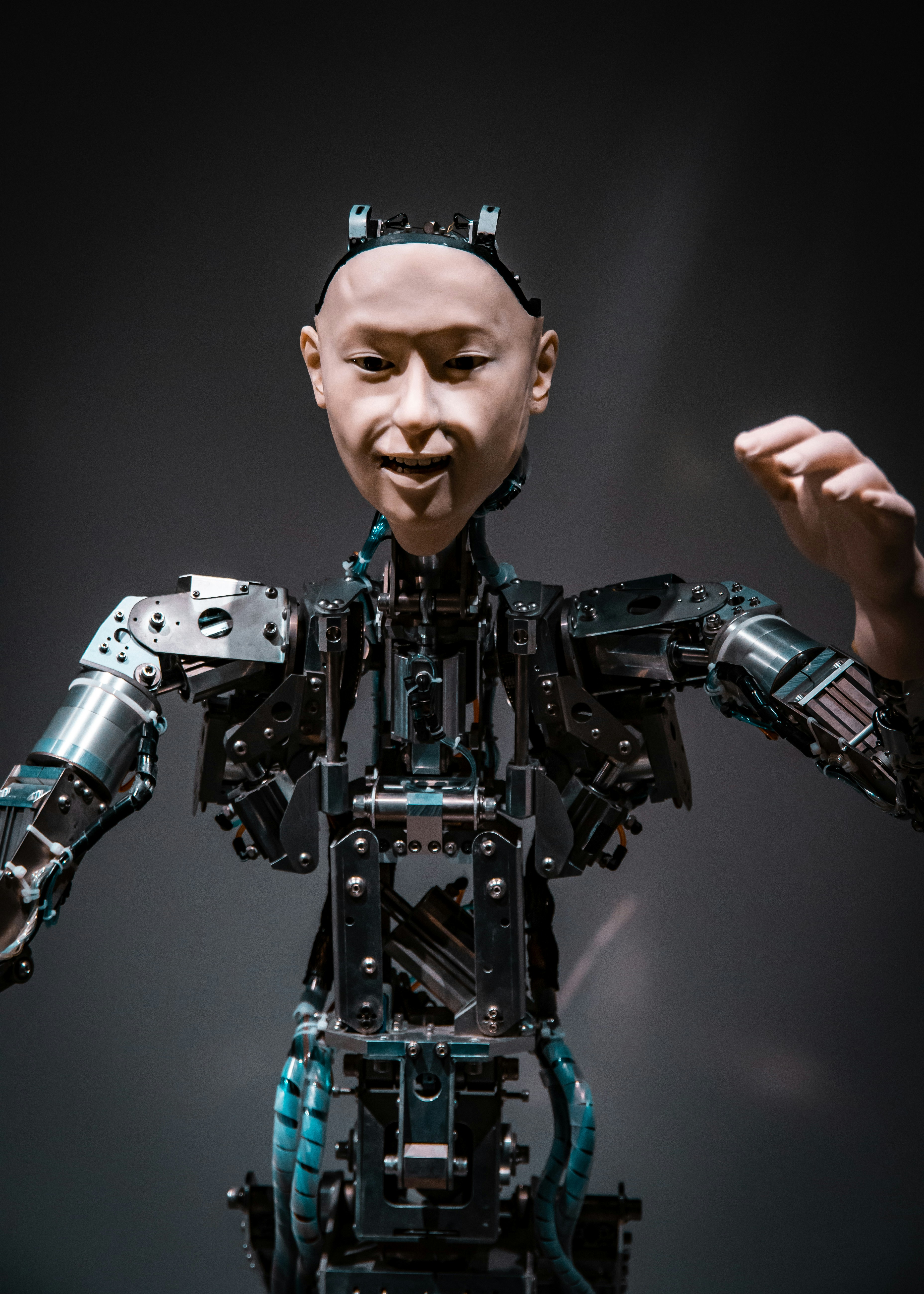The Rise of Digital Coaches: Revolutionizing AI and Computer Science Education
August 28, 2024 | by itctbilaspur@gmail.com
 Photo by Andrea De Santis on Unsplash
Photo by Andrea De Santis on Unsplash Understanding Digital Coaches: Transformative Tools in Modern Education
In an era marked by rapid technological advancements, digital coaches have emerged as transformative tools in modern education. These AI-driven tools are designed to facilitate learning by providing personalized tutoring tailored to each student’s unique needs. At the core of digital coaches are powerful artificial intelligence technologies, intricate machine learning algorithms, and robust data analytics capabilities, all of which work in concert to deliver a highly adaptive and responsive educational experience.
Unlike traditional educational methods, which often rely on one-size-fits-all approaches, digital coaches excel in personalizing learning. By analyzing vast amounts of data on a student’s performance, learning pace, and preferences, these tools can adapt in real-time to offer customized guidance. This dynamic adaptability allows digital coaches to cater to various learning styles, ensuring that each student receives the most effective instruction possible. The immediate feedback provided by these tools helps to reinforce concepts, correct errors promptly, and keep students engaged and motivated.
Digital coaches are available in various forms, each designed to address specific educational needs. Some are integrated within learning management systems (LMS), offering on-demand assistance with course material. Others function as standalone applications focused on particular subjects, such as mathematics, science, or language learning. Key features that make digital coaches effective include their ability to track and assess student progress, identify knowledge gaps, and deliver targeted practice exercises. Interactive elements like gamification and virtual reality further enhance the learning experience by making it more immersive and enjoyable.
In educational institutions worldwide, digital coaches have already demonstrated their impact. For example, schools and universities have reported significant improvements in student performance and retention rates following the implementation of these tools. By leveraging the power of digital coaches, educators can provide more individualized support, ultimately enhancing student learning outcomes and fostering a deeper understanding of complex subjects.
Digital Coaches in Computer Science Education: Bridging the Gap Between Theory and Practice
In the realm of computer science education, students often grapple with the daunting challenge of assimilating complex theories while simultaneously mastering practical skills. Concepts such as algorithms, data structures, and debugging code demand an intricate balance between theoretical understanding and hands-on application. Digital coaches have emerged as pivotal tools in addressing these challenges, offering students customized support that bridges this gap effectively.
Digital coaches employ sophisticated AI algorithms to deliver real-time, contextualized assistance tailored to individual learning needs. They aid students in understanding intricate algorithms by breaking down the steps involved, offering visual aids, and providing intuitive explanations. This personalized guidance is particularly beneficial in helping students tackle the often overwhelming process of debugging code. By identifying errors, suggesting corrections, and explaining the underlying principles, digital coaches transform the debugging process into a learning opportunity.
Moreover, digital coaches enable students to engage in real-world projects that mimic professional environments. By simulating industry scenarios, these virtual mentors offer a platform for students to apply their knowledge in practical settings, enhancing their problem-solving skills and preparing them for future careers. Immediate feedback and continuous support from digital coaches empower students to iteratively improve their work, fostering a deeper comprehension of computer science concepts.
Several institutions have successfully integrated digital coaches into their computer science curricula, yielding notable improvements in student performance. For instance, University X utilized digital coaches in their introductory programming courses, which resulted in a 30% increase in student retention rates. Similarly, College Y reported a significant enhancement in students’ debugging skills and overall proficiency in coding. These case studies underscore the tangible benefits of incorporating digital coaches in educational contexts.
Looking ahead, the potential for digital coaches to further innovate computer science education is immense. Future trends may include more sophisticated AI capabilities, allowing for even more personalized and adaptive learning experiences. As technologies continue to evolve, digital coaches are poised to become indispensable assets in preparing the next generation of computer scientists, ensuring they are well-equipped to meet the demands of a rapidly advancing field.
RELATED POSTS
View all

